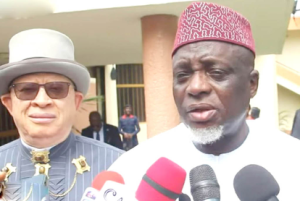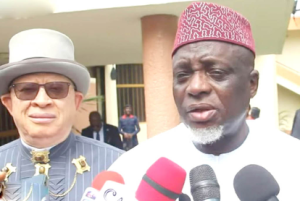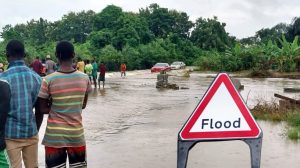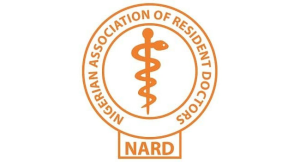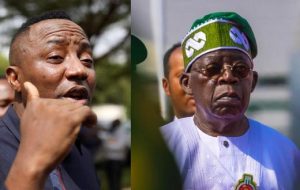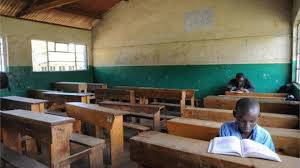
In a progressive move aimed at equipping Nigerian students for a technologically driven future, the Federal Government has unveiled a revamped secondary school curriculum that, for the first time, integrates core modules on journalism, computer programming, artificial intelligence (AI), robotics, and fact-checking.
Dada Olusegun, Senior Special Adviser on Social Media to President Bola Ahmed Tinubu, revealed key details from the newly developed curriculum document.
Highlighting the shift towards digital literacy and innovation, the new curriculum embeds journalism within the English Language module at the senior secondary level, while computer programming spans both junior and senior classes.
AI and robotics are introduced as components of Digital Literacy, a newly created subject for senior secondary students, emphasizing practical skills alongside theoretical knowledge.
The curriculum reforms are designed to nurture critical thinking, creativity, and innovation, preparing students to thrive in the rapidly evolving global digital landscape.
Junior Secondary School (JSS 1–3) Subjects:
Students will engage in a broad array of subjects including Mathematics and Measurement, English Language with advanced grammar, Integrated Science, and Digital Literacy and Coding.
Digital literacy covers essential computer skills like Word, Excel, PowerPoint, internet research, and basics of programming languages such as Python and Scratch, supported by robotics kits for hands-on learning.
Social Studies, Languages, Creative Arts, and Physical & Health Education also form integral parts of the curriculum.
Senior Secondary School (SSS 1–3) Subjects:
At the senior secondary level, the curriculum includes advanced Mathematics and its applications, English and Communication skills enriched with journalism and fact-checking modules, and sciences that cover biotechnology and environmental science.
The Technology & Innovation stream offers in-depth programming with Python, JavaScript, HTML/CSS, AI, robotics, cybersecurity, data science, and digital entrepreneurship.
Social Sciences, languages with foreign options including French, Arabic, and Chinese, Creative Arts, Physical & Health Education, and a comprehensive Research & Project Work component further broaden students’ learning experience.
A Future-Ready Approach:
This curriculum overhaul aims to reduce content overload while boosting learning outcomes, focusing on skills that align with 21st-century demands.
The Federal Ministry of Education emphasizes the learner-centered nature of the reforms, fostering transferable skills, ethical digital practices, and enhanced citizenship.
The introduction of practical trades complements academic subjects, ensuring students gain relevant capabilities for Nigeria’s emerging digital economy.
This transformative educational policy mirrors Nigeria’s commitment to nurturing a generation ready to contribute innovatively across diverse sectors.
The curriculum is expected to be implemented nationwide with close monitoring to guarantee smooth adoption.

